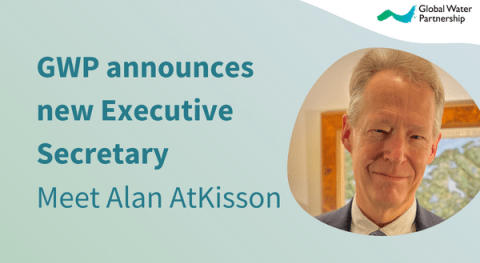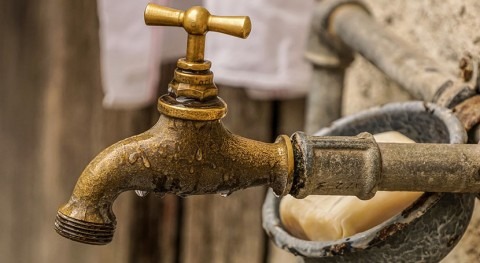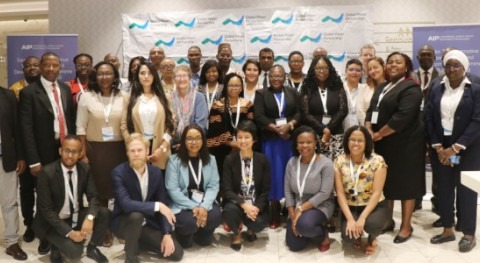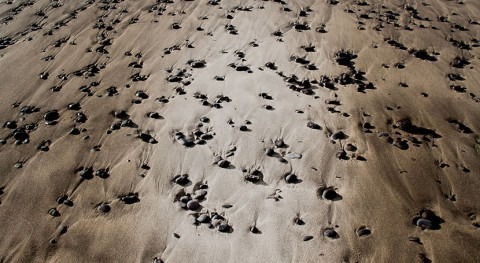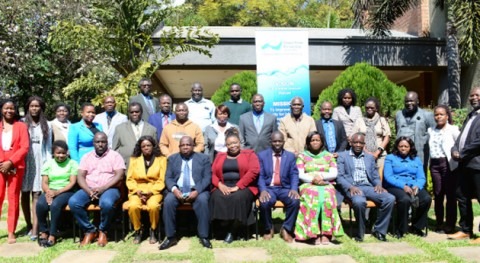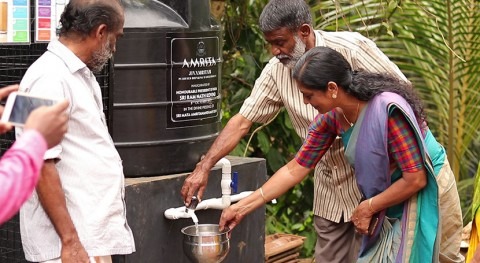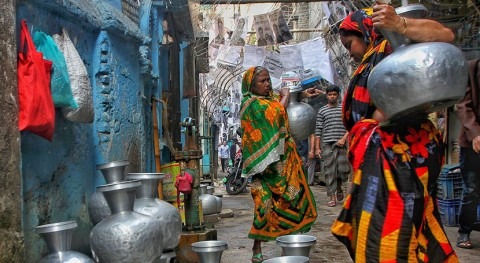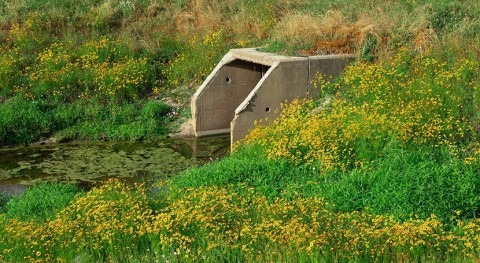Ranu Sinha has been working in water resources management in developing countries for 12 years. In 2007 she worked for the World Bank in India, where a tsunami had just happened. She was sent to a part of the country where she got first-hand experience of what disasters like tsunamis can do for people's daily lives.
"I saw the pain that people go through when something like a sanitation facility, which once was there, is no longer," says Sinha. The harsh experience made her decide that this was something she wanted to work with for the rest of her life. She now also uses India as an example of a country with huge problems around open defecation that they are trying to find a solution to.
“India has 1,3 billion people and about 60% of them don't have access to sanitation facilities. So, back in 2014, Prime Minister Narendra Modi and his government made it their upmost priority to end open defecation. They opened a programme called the Swachh Bharat Mission, which promised to build close to a 100 million toilets in five years across rural India,” says Sinha. She explains that the problem is the biggest in rural India, where there are no connections to sanitary facilities.
Change takes time
The Swachh Bharat Mission ended on 2 October 2019 – so does this mean that open defecation has ended in India?
“It’s one of the world’s most ambitious and biggest programmes. But as you know, the problem is very pervasive, and it takes a long time to fix. For example, if you look at other countries – in Thailand, the process to end open defecation took 4 years, and in Bangladesh it took more than 10 years. So, in 5 years in India – are we close? No, sadly we are not. What India did do – which I have to say is unprecedented on this scale – is that they built close to 50 million toilets,” says Sinha.
This meant that India did implement a lot of its targets, and the toilets were built. However, in practice, open defecation is still going on, says Sinha – building toilets didn’t address the problem.
“They built the toilets at such a rapid pace, that often the toilets were left dirty, and people didn’t want to use them. Some toilets were also built without a connection to a septic tank or a sanitation network, so people felt that they were not able to use them. Then, there were personal preferences – if you’ve always gone in the field, then that’s something you’ve practiced and you continue to do that, because that’s what you know. These problems show, that sometimes it’s about a lot more than just the toilet – in fact, toilets may be the last thing that you have to spend money on. It’s more about information and awareness-raising. Many studies show that up to 70% of the people didn’t even know about the Swachh Bharat programme,” says Sinha.
GWP promotes an integrated approach to water resources management, which means that water policy and management need to reflect the fundamentally interconnected nature of hydrological resources.
“At Global Water Partnership, we talk every day about stakeholder partnership, integrated thinking in water management, and getting across barriers. This means working across sectors, with different stakeholders – understanding information from different parts, understanding behaviour, and getting governments to work with different actors,” says Sinha.




